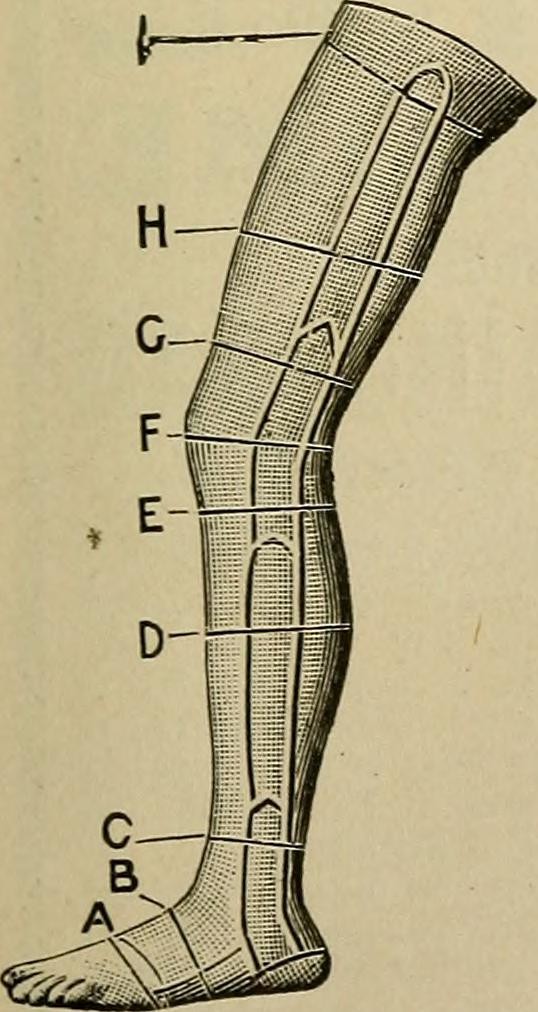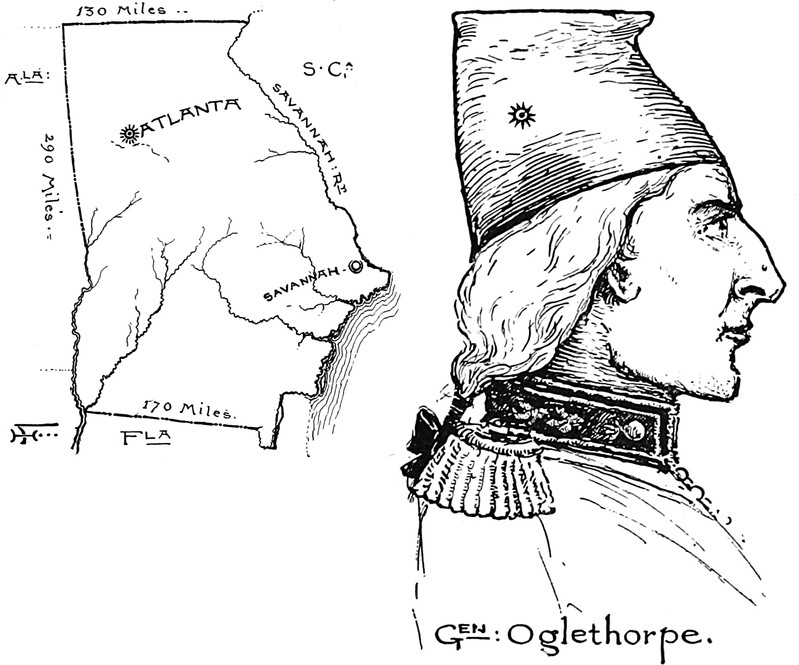


 |
|
|
 |
 |
 |
The Private Lives of Some Very Great Thinkers Indeed
(from N. F. Simpson's highly recommended Most of What Follows is a Complete Waste of Time: Monologues, Dialogues, Sketches and Other Writings)
Swedenborg, we are told, saw God as infinite love and infinite wisdom and the end of creation as the approximation of man to God. But though this was undoubtedly one side of Swedenborg, it was not the only side. There was another side: the side that liked to put up shelves and to see to the ceiling where the plaster was coming away. Religion and philosophy were every bit as important in their own way, but, basically, they were there for Swedenborg as something to turn to in the small hours when it wasn't on to go banging about with a hammer, as there were people living upstairs. So often a theologian is, in essence, a kind of handyman manqué who, but for the neighbors, would have been building a cocktail cabinet with bevelled edges and a veneer finish, but has turned to the study of the eternal verities out of frustration: frustration at being unable to get the wood; frustration because he would no sooner get going than there'd be the usual thumping on the wall leaving him with no option but to down tools and start thinking about God again. One is reminded here of Schopenhauer, who, living as he did in a terraced house, had neighbors on either side. It made a quite spectacular difference to his heating bills. He was paying less than half, and this was why he stayed. But the opportunities for making things were seriously curtailed, and it is small wonder that he should have put forward the view that God, freewill and the immortality of the soul are illusions. Rousseau, who spent the better part of his life working up in the attic on that full-scale model of a Spanish galleon, solved the problem of noise by doing it, as we know, in raffia-work. It is possible there were complaints even so. But if there were, no record of them has come down to us. It is worth remarking here, perhaps, that Rousseau's reputation for being hopeless, galleon apart, at anything requiring manual dexterity was largely undeserved. True, he fell off a roof while trying to put some tiles back on, and in doing so, brought another sixteen down with him, and half the guttering. But it was a more or less isolated incident and the kind of thing that could happen to anybody. It has, nevertheless, tended to count against him amongst historians less than sympathetic to Rousseau's pretensions as a handyman. One thing about which there has never been any dispute is that he could lay lino. There are those who would say "after a fashion," adding that this does not make him the greatest handyman of all time, even if true. But he could do more than lay lino. He could unblock a drain. No outstanding achievement perhaps, except that he had a way of doing it with a broomhandle that impressed those looking on and excited a certain amount of, sometimes grudging, admiration. The real yardstick, surely, is whether you would have had Rousseau in if anything needed doing. Not, if one is being perfectly honest, as a first choice, admittedly, but I would, for my part, have Rousseau every time if it were a choice between him and Freud. Freud's behavior on a roof is something about which the less said the better. It was, as apologists for Freud are never tired of pointing out, in the middle of the night. And he was taken short. But you don't, in those circumstances, clamber up through the skylight and make water in the first receptacle you see. One is at liberty to accept his explanation that he thought it had been put there for the purpose, but I am convinced he knew perfectly well what it was put there for. It was put there to measure rainfall and it is almost superfluous to point out that, once the rainfall figures have been distorted, it can affect the whole climactic picture virtually in perpetuity. To go off next morning without a word to anyone, knowing this, is, to my mind, inexcusable. It invalidates his entire corpus.
|

 |
|
|
 |
 |
 |
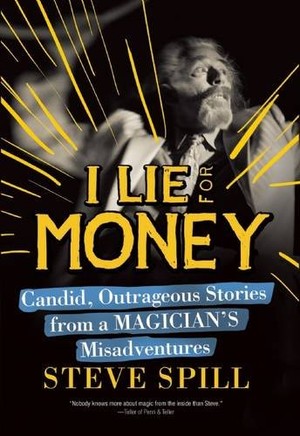 After the privilege of peeking at an early draft of this book in 2008, I've been on pins and needles for its official release. Few people can boast having Sting as an opening act—the Sting, after he won all those Grammy awards—with photos to prove it. Steve Spill, of Santa Monica's MAGICOPOLIS fame, has chosen not to be discouraged by the impossible. He has finally revealed the unbelievable but true story of how he built and has maintained (for 17 years and counting) his own magic theatre when multi-million dollar conglomerates have failed (like Caesar's Magic Empire in Vegas, Wizards at Universal Studios Hollywood, and Copperfield's Magic Underground in New York). It's ultimately a how-to book for crazy dreamers (with practical tips on securing funding, generating publicity, attracting celebrities, filling theatre seats, operating a business, and staying sane), colored by three decade's worth of funny and rather slanderous anecdotes about the rich and famous around the world. His exposé is entitled, I Lie for Money, and that's the first clue that Spill is actually coming clean: if a liar says he's lying, then that statement itself is a lie, so he is by definition telling the truth. After the privilege of peeking at an early draft of this book in 2008, I've been on pins and needles for its official release. Few people can boast having Sting as an opening act—the Sting, after he won all those Grammy awards—with photos to prove it. Steve Spill, of Santa Monica's MAGICOPOLIS fame, has chosen not to be discouraged by the impossible. He has finally revealed the unbelievable but true story of how he built and has maintained (for 17 years and counting) his own magic theatre when multi-million dollar conglomerates have failed (like Caesar's Magic Empire in Vegas, Wizards at Universal Studios Hollywood, and Copperfield's Magic Underground in New York). It's ultimately a how-to book for crazy dreamers (with practical tips on securing funding, generating publicity, attracting celebrities, filling theatre seats, operating a business, and staying sane), colored by three decade's worth of funny and rather slanderous anecdotes about the rich and famous around the world. His exposé is entitled, I Lie for Money, and that's the first clue that Spill is actually coming clean: if a liar says he's lying, then that statement itself is a lie, so he is by definition telling the truth.
Full disclosure: I've been enchanted by Steve Spill ever since my first visit to Magicopolis, and it's because of his uncanny talent to make one feel like a million bucks. It's not the sort of charisma that makes you feel like you're the only person in the room, but Steve Spill makes you feel like the only celebrity in the room. (And I mean that quite literally -- it was during my second visit to Magicopolis that Steve Spill announced to the entire audience that I was in attendance, as if I weren't some fringe curator of unicorn sounds and arcane lexicons.) Granted, he does lie when he promises that Magicopolis will entertain you for an evening, because in truth the mystification carries with you long after the show is over. For example, on my most recent visit to his theatre, he called up my 10-year-old niece to the stage to participate in a bit of wonderment. When she returned to her seat in the audience, she noticed that the "It's my birthday" button she had been wearing all day was suddenly not there. Now, the birthday button didn't figure into the show, and I'm convinced that Steve Spill never touched her person, nor do I have reason to suspect that he's a kleptomaniac. But my niece's birthday was transformed by the experience of being called to the stage and made to feel like a real Hollywood star. And she marveled at how Steve Spill seemingly performed an entire bit of vanishing magic not for the audience but just for her. This idiosyncratic and presumably accidental occurrence nonetheless illuminates the way that Steve Spill mystifies beyond mere tricks, and there's no doubt that a great many people have experienced albeit different but profoundly mysterious occurrences around this magician. His remarkable life story is proof that he's not limited by what's possible, and that transfers to his audience in uncanny ways.
|







 |
|
|
 |
 |
 |
Inside "the book that has never been opened" is a pressed flower, according to T. S. Eliot in " The Dry Salvages."
[Pressed flower not shown.] |


 |

As we see in this vintage map, Florida once occupied most of North America. But one could also make an argument that most of North America was once Scotland, just as absurdist playwright N. F. Simpson has argued that the Mediterranean could technically fall under Scottish law:
Lawyer: It would be enough to show that it [the Mediterranean] is in what — for the present purposes — can be deemed to be Scotland, and here we might usefully explore the possibility that Scotland, as we know it, may not always have occupied the precise position north of the border that it is commonly thought of as occupying today. We are assisted here by the known fact that the general configuration of the Earth's surface, such as it is, was not arrived at overnight. It is the end product of a not unlengthy process involving widespread upheaval over a period of several millennia, during the course of which things were in a considerable state of flux ... and it should not be difficult to demonstrate as an a priori possibility that Scotland — or what was subsequently to become known as Scotland — might, in one of the remoter periods of geological time, have occupied, however fleetingly, and prior to making its journey northwards to the position on the map that it has occupied ever since, [the Mediterranean]. If so, there would be a strong prima facie case for a reappraisal of the whole situation with a view to bringing the whole matter fairly and squarely within the jurisdiction of the Scottish courts.... Senior: Sounds promising. Minister: Yes — I think one could give voice to a tentative eureka there.
|





 |
|
|
 |
 |
 |

This illustration of a human sole (from History of the County Buildings of Northamptonshire by Christopher Alexander Markham, 1885) begs the question: what are the differences between the soul and the sole? Remarkably, there aren't any:
| |
The Human Soul |
The Human Sole |
| Remains unconscious of everything that happens on the earth below, as per Rudolf Steiner. |
x |
x |
| Is not what God is, as per Saint Augustine. |
x |
x |
| Potentially separable, as per Thomas Aquinas. |
x |
x |
| Perishable, as per Aristotle. |
x |
x |
| Imprinted with a certain quality, as per Marc Cogan. |
x |
x |
| Divided into three parts, as per Plato. |
x |
x |
| Can survive without the human body, as per Thomas Aquinas. |
x |
x |
| Governed by wants in life, as per Hinduism. |
x |
x |
| A principle of movement, as per Thomas Aquinas. |
x |
x |
| Too much under the influence of the body's sensory and instinctual compulsions, as per Gerard Dorn. |
x |
x |
| A unity of functions on different levels, as per the Neoplatonists. |
x |
x |
| A kind of substance, as per Thomas Aquinas. |
x |
x |
| Not outwardly visible, as per Rudolf Steiner. |
x |
x |
| A touchstone for American youth, as per Patricia Lyons. |
x |
x |
| Rooted in the untrammelled realisation of its powers, as per Isaiah Berlin. |
? |
? |
|


Page 35 of 52

> Older Entries...

Original Content Copyright © 2025 by Craig Conley. All rights reserved.
|





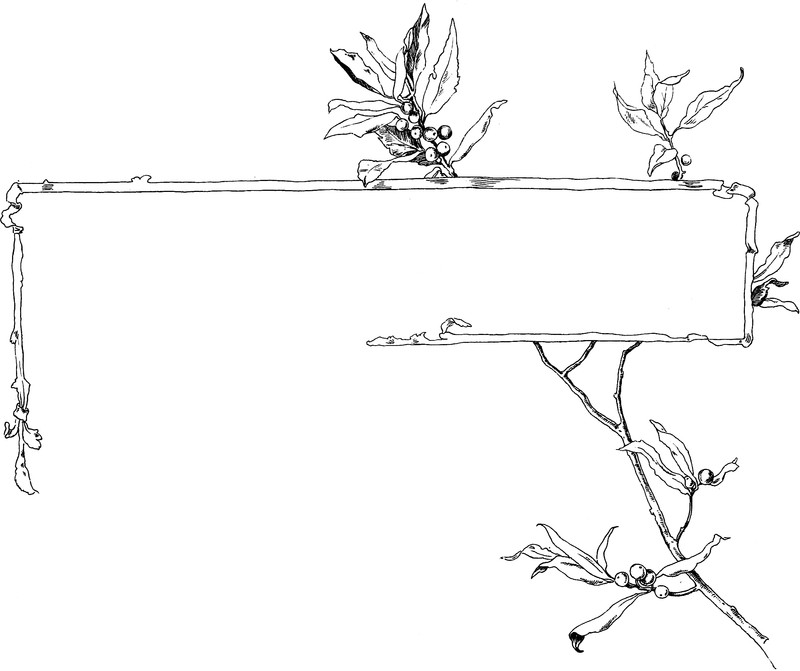

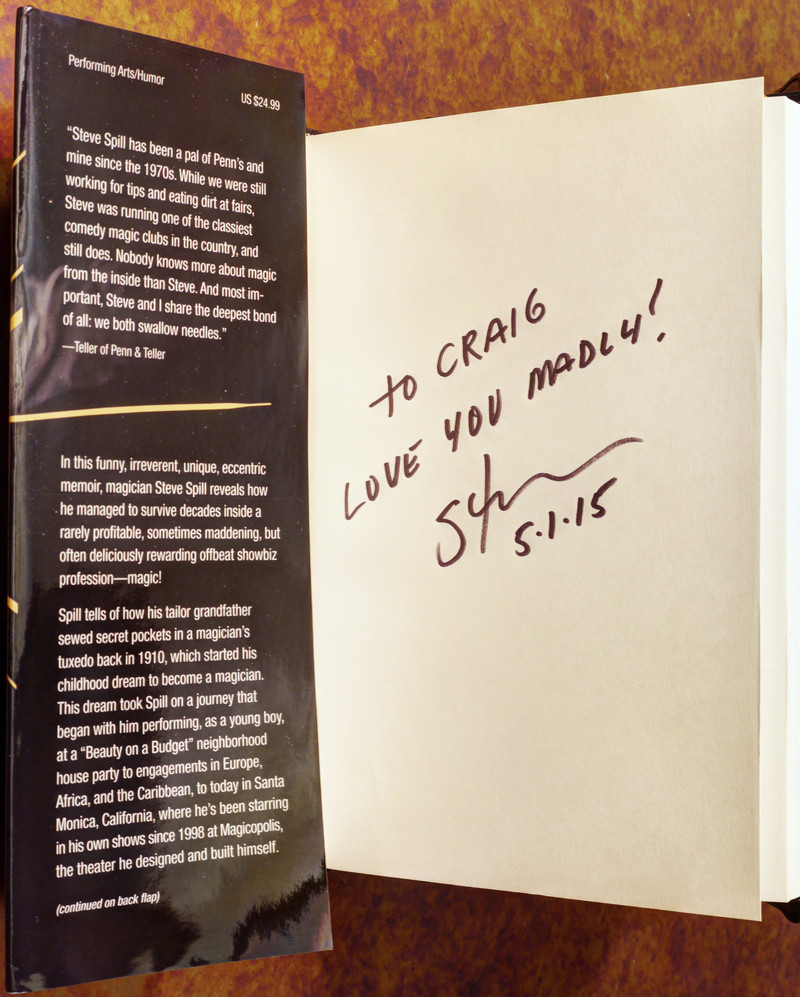
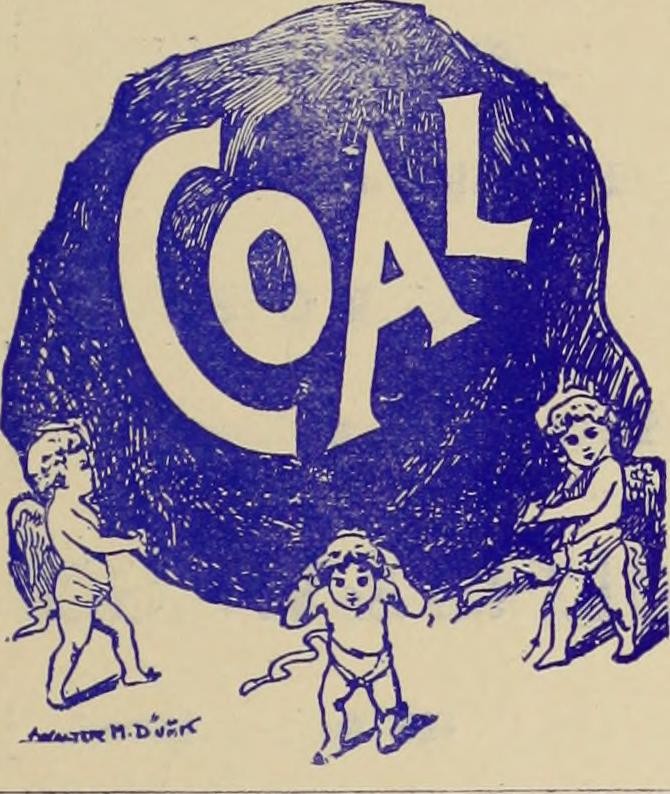



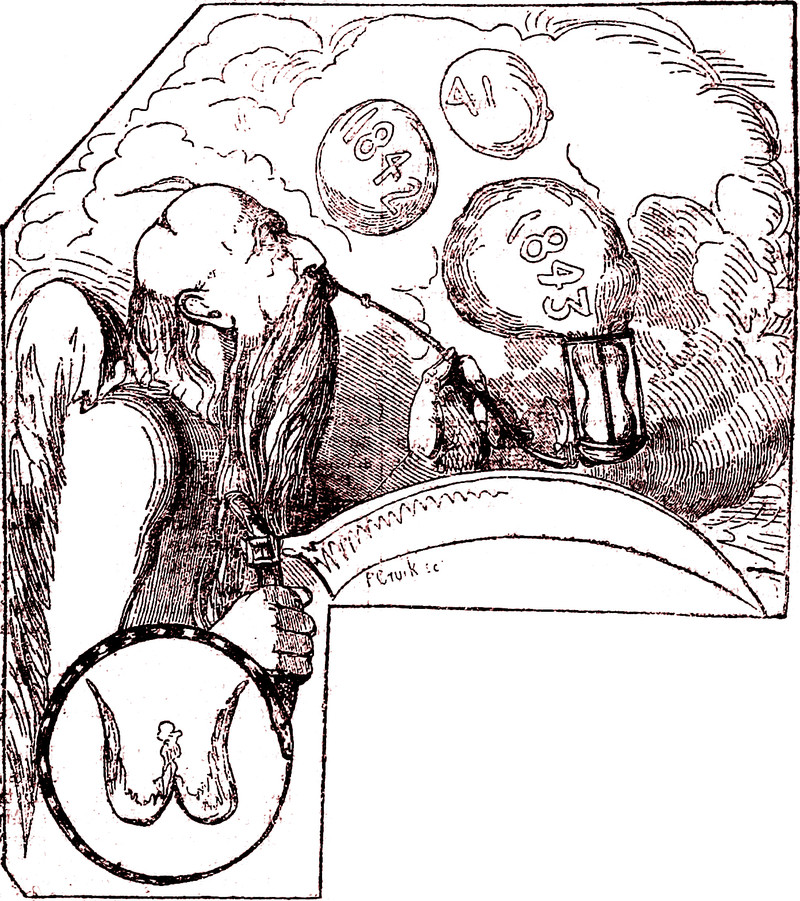

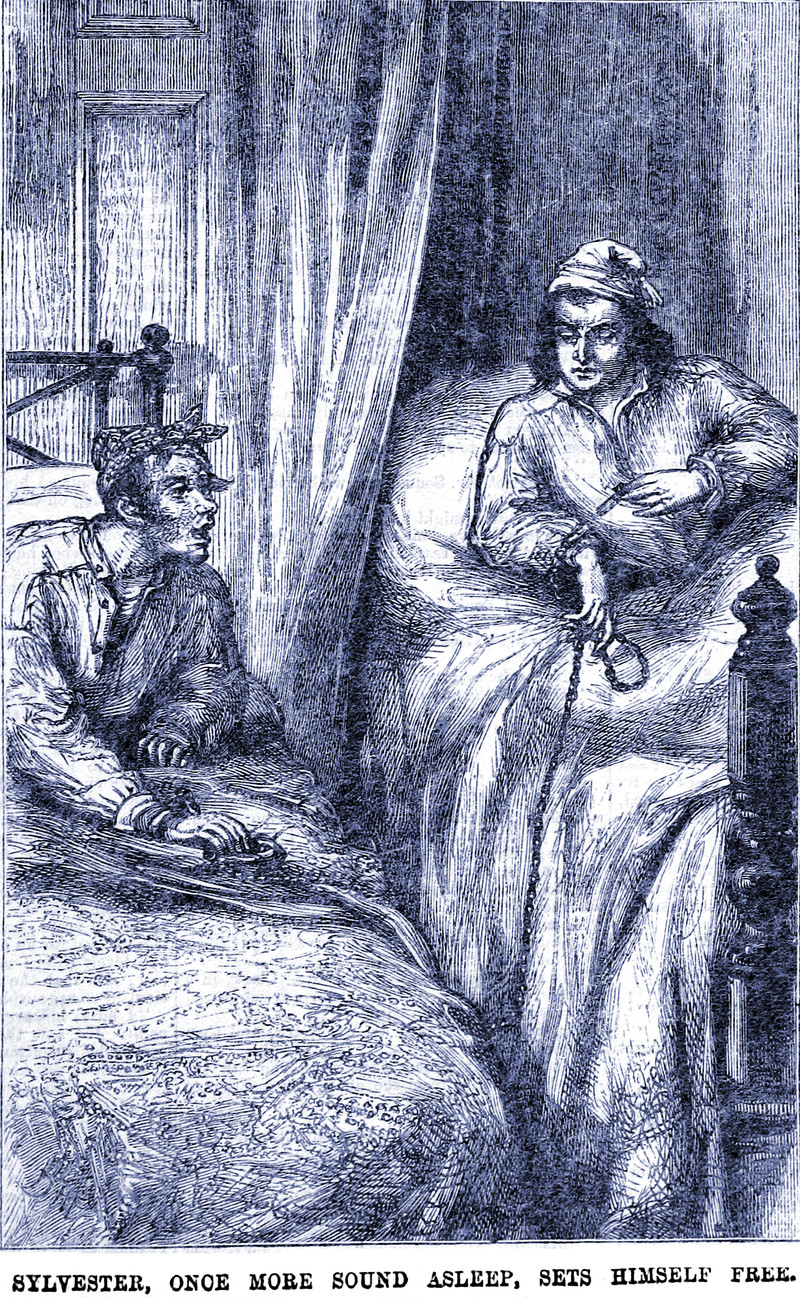

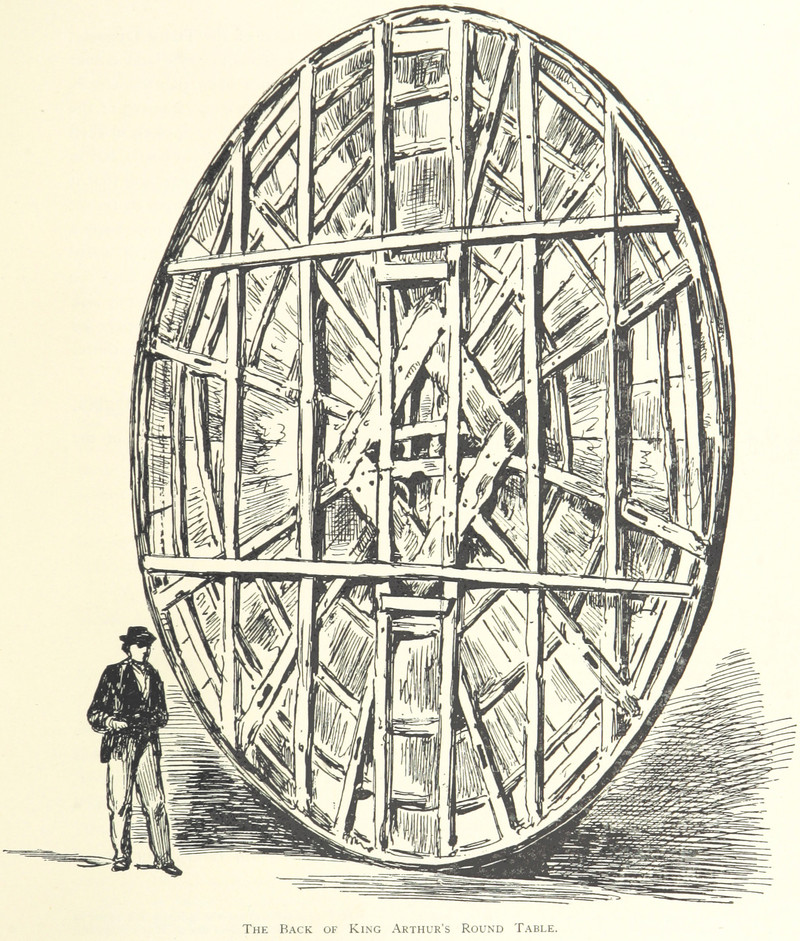
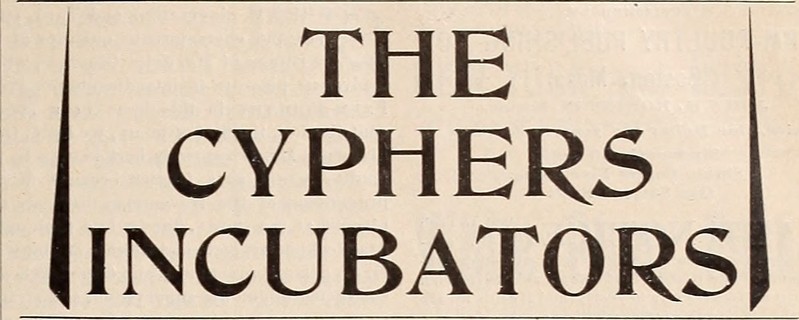
 "Each of the letters [of the alphabet] kills the thing it has replaced." —
"Each of the letters [of the alphabet] kills the thing it has replaced." —